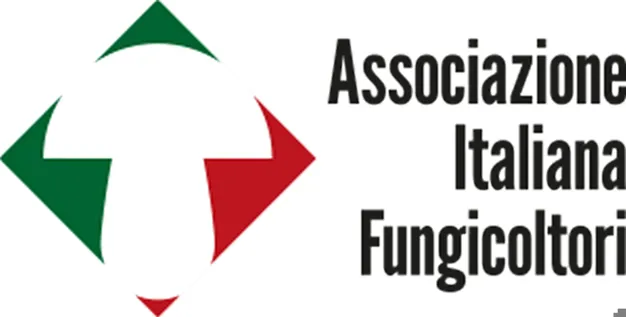European mushroom cultivation is a strategic agricultural sector that combines tradition and innovation. With an annual production of around one million tonnes, this agricultural sector is an important source of income for thousands of farmers and provides a healthy and sustainable food product.
A moment during the meeting in Brussels
European mushroom farming, which met with DG Agri on 9 January in Brussels, is proving to be stable with an expected production of 1,040,200 tonnes by 2025. Poland and the Netherlands are the main producers accounting for over 70% of the total, Italy is firmly in 6th place. The sector focuses mainly on the Agaricus variety, cultivated in controlled environments that guarantee high-quality standards, although the production of Pleurotus is increasing. In Italy, the productions of Cardoncello, Pioppino, and Shiitake are now constantly available in the markets and in the big retail chain. About two-thirds of the production is destined for the fresh market, while the remainder is processed.
Andrea Prando, president of the Italian Mushroom Growers Association, reports that "the sector is currently facing significant challenges, ranging from market evolution and production costs to regulatory pressures on packaging and the use of peat. On an economic level, the European sector employs over 40,000 workers and benefits from an integrated promotion system which reached over 86 million online impressions and exceeded engagement targets in 2024. (europeanmushroom.eu). The industry is however expressing some concerns, such as those linked with production costs. Increasing minimum wages and energy costs are significantly affecting operating margins."
A second issue concerns sustainability. The search for alternatives to peat, which is used as a supplement to the growing medium, is a priority. The Bioschamp project, as well as many associations and companies, are testing alternative materials with encouraging results, but it is still not enough to guarantee the replacement of peat. Technical and regulatory issues remain open, including the actual yields of cultivated soils.
"But perhaps the most feared and discussed issue at this time is that of packaging. As of 2030, the new EU regulation will ban the use of plastic for fresh fruits and vegetables, except for specific exemptions. Mushrooms, being sensitive to water loss and physical impacts, might require very expensive innovative packaging solutions or inclusion among the exemptions. In this sense, the European Mushroom Growers' Group is already talking to the European Union because of the perishability of the product, meaning the need to provide certainties to the sector is important."
"Mushroom farming is looking optimistically at the opportunities for innovation and development," Prando concludes, "even if it is in a transitional phase where the various attempts to automate harvesting for fresh produce are, for the moment, only tests that have not yet made the investments worthwhile. With the support of targeted policies and investment in innovation, the sector can continue to grow and strengthen its strategic role in European and national agriculture, but it is essential to create a general culture of modern cultivation techniques. Sustainability and efficiency are the keys to meeting challenges and seizing future opportunities, but they must be perfectly combined with economic sustainability."
For more information AIF - Associazione Italiana Fungicoltori
AIF - Associazione Italiana Fungicoltori
Via Torricelli, 71/A
37100 Verona - Italy
+39 045 952058
[email protected]
www.fun.go.it










